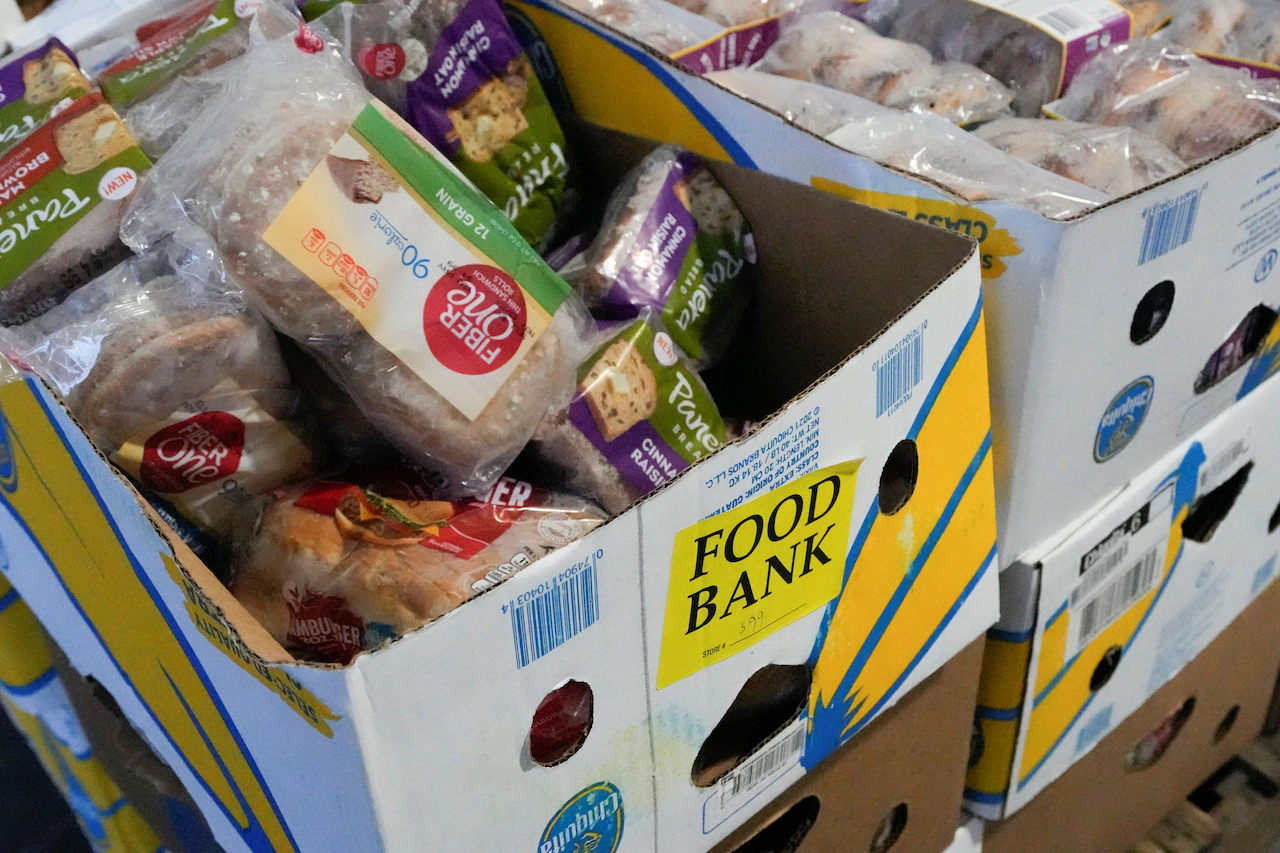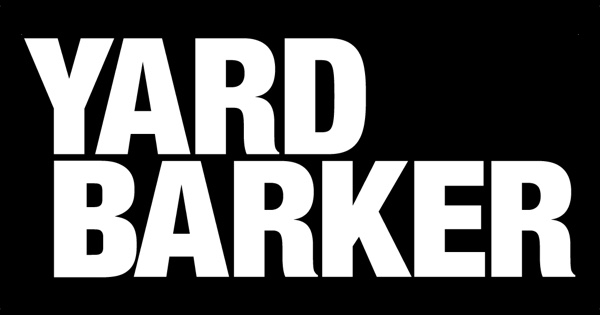Copyright cleveland.com

CLEVELAND, Ohio — Hunger is closing in on Northeast Ohio much the way winter always does — gradually, then all at once. By the end of this week, nearly half of Cuyahoga County’s 190,000 recipients of the Supplemental Nutrition Assistance Program, better known as SNAP, will have missed their monthly benefits. The rest will lose them if the federal shutdown — now grinding into its second month — stalls funding past Nov. 20. County officials say calls are already pouring in from residents desperate for help — people who’ve exhausted what little they had, unsure how they’ll feed their families until Washington resolves its budget battle. The strain is growing by the day, and the safety net is fraying under the weight. Those who work in hunger prevention warn that this isn’t just about food. It’s about the psychological toll of uncertainty — the anxiety of opening the fridge and finding nothing, the shame of leaning on relatives or food pantries, the exhaustion of knowing tomorrow won’t be better. Consider, for a moment, what it means to skip your own meals so your children can feel full. To ration cereal, bread, or milk, stretching each a little thinner every day. To measure hunger in handfuls — in America, a nation that grows more food than it could ever sell, where waste and want somehow coexist, where abundance piles high on one side of an ever-widening divide. That’s the reality for so many of our neighbors, and the federal shutdown is about to make it worse. The cruelty of this moment is entirely preventable. In federal court last week, the Trump administration defended its decision to halt SNAP funding during the shutdown — even though billions remain in emergency reserves. Justice Department lawyers told a judge that the administration could not, or would not, use that money, not even to avert widespread hunger. The judge was incredulous: If this isn’t an emergency, what is? On Friday, the court ordered the Trump administration to continue funding SNAP during the shutdown, ruling that it had acted unlawfully by withholding emergency funds. In response, Trump said the administration would release the November food-stamp funding once the court clarified how to do so legally, but he warned of inevitable delays, as states distribute the money. Meanwhile, Trump is still finding money for what he values most. Billions continue flowing to military and law enforcement programs — including those carrying out Trump’s mass deportation agenda. The government that can bankroll detention centers and deportation flights somehow can’t find the will to keep children fed. What’s happening now is unprecedented. Since SNAP took its modern form in the 1960s, Congress has never allowed it to run completely out of money during a shutdown. Even during the 35-day shutdown of 2018–19 — the longest in U.S. history — the Department of Agriculture found a way to issue benefits early so no family missed a month. This time, that safeguard is gone. To be fair, some in Congress aren’t standing idly by. Two competing Senate proposals have aimed to restart SNAP payments — one from Missouri Republican Josh Hawley that would temporarily release emergency funds, and another from Democrats that would restore full funding through the end of the shutdown. Hawley’s plan, notably, has the support of both Ohio senators, John Husted and Bernie Moreno. The Democratic bill, led by Sen. Ben Ray Luján of New Mexico, goes further — requiring the USDA to release $5 billion in existing contingency funds to keep both SNAP and WIC, the nutrition program for women, infants and children, operating for the duration of the shutdown. But Senate Majority Leader John Thune has yet to bring either measure to a vote, leaving families in limbo as Washington drags its feet. As usual, Greater Cleveland isn’t waiting. When the safety net tears, this community weaves its own. Local restaurants, churches and nonprofits are stepping up. Ohio Pie Co. is handing out free “Pick-Me-Up Pies.” EDWINS is serving weekly soup to anyone in need. The Hunger Network’s MidTown Market is preparing for record crowds. The Greater Cleveland Food Bank — already short millions of pounds of food this year — is rallying volunteers and donations to meet the surge. On Friday, Rep. Shontel Brown, County Executive Chris Ronayne and Mayor Justin Bibb announced a $600,000 contribution to the Greater Cleveland Food Bank to help families who’ve lost their SNAP benefits. The donation represents a partnership among government, philanthropy and private industry, including Cleveland’s sports teams. It’s a stopgap Cleveland shouldn’t need, but can be proud of. On the state level, Gov. Mike DeWine last week announced a $25 million plan to soften the blow if the shutdown drags deeper into November — a temporary lifeline for some of the 1.4 million Ohioans who rely on SNAP each month. The plan directs $7 million to regional food banks and up to $18 million in emergency relief to about 63,000 Ohio Works First recipients. It’s a welcome move, but even DeWine acknowledged it’s no long-term fix. Neither the state’s response nor Cleveland’s generosity can fill the gap Washington created. Food pantries and emergency funds can ease the pain for a few weeks, but they can’t replace the $263 million in federal SNAP funding that flows into Ohio every month. The state’s $25 million infusion is the equivalent of only about two days worth of the assistance that Ohioans receive. Cuyahoga County — already facing human-services cuts, MetroHealth’s reduction in charity care, and rising costs across the board — can’t keep being the backup plan for a nation that’s lost its priorities. Access to food isn’t political. It’s not a bargaining chip in a budget fight. It’s survival — and our willingness to ensure it is the truest measure of a society’s decency. Greater Cleveland will always step up. That’s who we are. So yes, fill the food-bank shelves. Roll up your sleeves at the pantry. But also flood Congress with calls. Demand action. Demand compassion. Demand an end to this shutdown. Because a city that refuses to let its own go hungry in the absence of leadership is admirable. A federal government that lets it come to that is a disgrace. Leila Atassi is the editor of the Public Interest and Advocacy team at cleveland.com and The Plain Dealer. She writes a weekly opinion column on state and local issues. You can reach her at latassi@cleveland.com.



